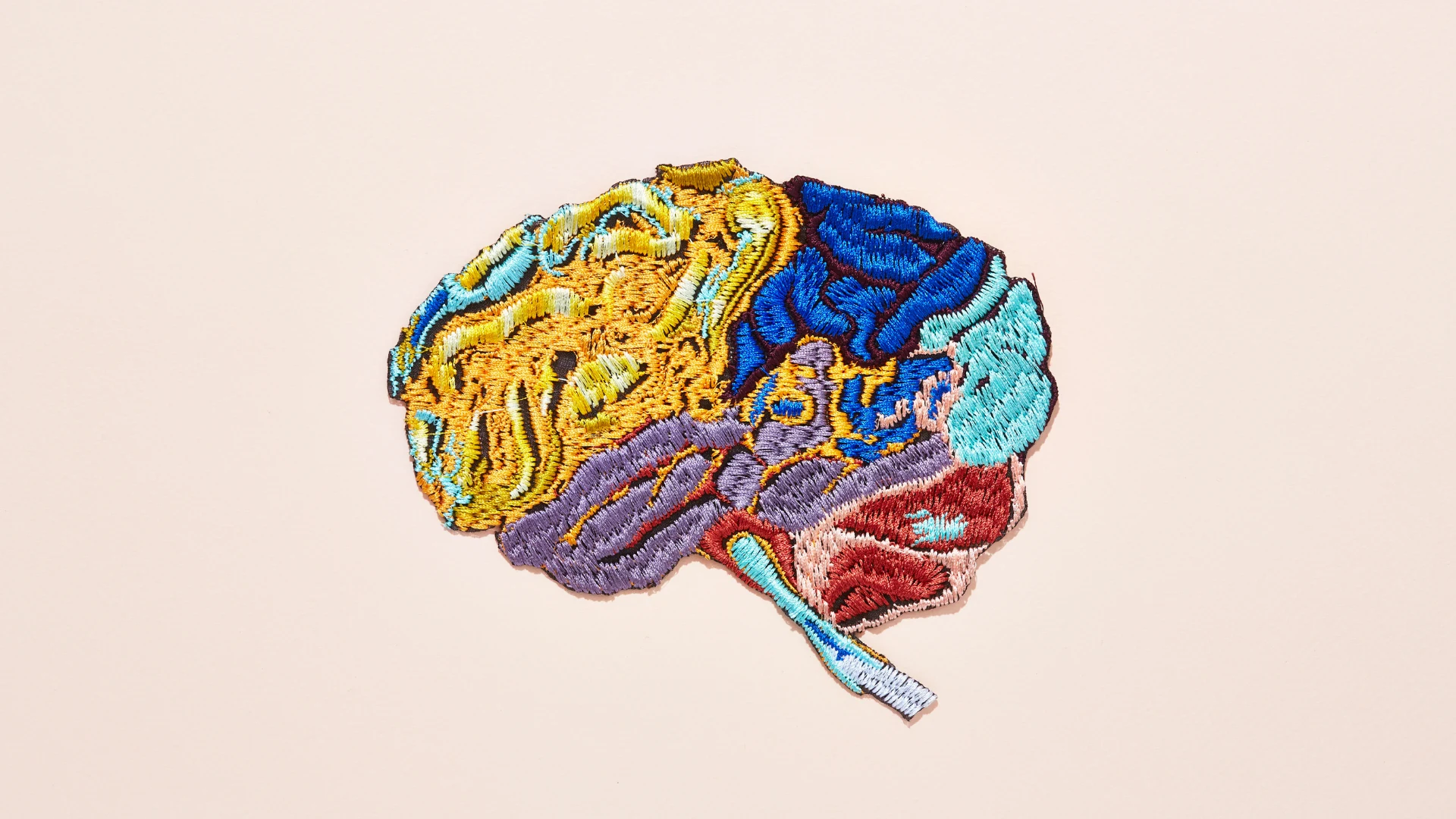Unlocking Nature's Potential: How Biology is Becoming Our Most Powerful Technology

For centuries, we've relied on mechanical and digital technologies to shape our world. But a quiet revolution is underway, one that leverages a far more fundamental force: biology. Increasingly, scientists and innovators are recognizing that the natural world, and specifically the intricate workings of microorganisms, holds the key to solving some of humanity’s most pressing challenges, from food security to climate change.
Consider the remarkable partnership between humans and microbes in agriculture. Today, microbial partners are deployed across millions of acres of farmland globally. These aren’t your average microbes; they’re carefully selected and engineered to enhance plant growth, improve soil health, and reduce the need for synthetic fertilizers and pesticides. The result? Farmers are able to produce more food with a significantly smaller environmental footprint.
The impact is already substantial. Since 2022 alone, these biological solutions have prevented over 1.3 million metric tons of greenhouse gas emissions – a testament to the power of harnessing nature’s processes. This isn't just about reducing emissions; it’s about creating a more sustainable and resilient food system.
Beyond Agriculture: A Biological Renaissance
The potential of biological technology extends far beyond agriculture. We're seeing breakthroughs in areas like:
- Medicine: From gene therapies to personalized medicine, biology is revolutionizing healthcare, offering new treatments and preventative measures for diseases that were once considered incurable.
- Materials Science: Researchers are engineering microorganisms to produce sustainable materials like bioplastics, replacing petroleum-based products and reducing plastic pollution.
- Energy: Biofuels and other bio-based energy sources are gaining traction as alternatives to fossil fuels, contributing to a cleaner energy future.
- Environmental Remediation: Microbes can be used to clean up pollutants, restore ecosystems, and even remove carbon dioxide from the atmosphere.
The Intersection of Biology and Human Ingenuity
What makes this biological revolution so compelling is the synergy between biological processes and human innovation. We're not simply observing nature; we're actively designing and engineering biological systems to achieve specific goals. This requires a deep understanding of biology, combined with expertise in fields like engineering, computer science, and data analytics. It’s a multidisciplinary approach that is driving unprecedented progress.
The challenges are significant, of course. Ensuring the safety and efficacy of biological technologies, addressing ethical concerns, and scaling up production are all critical considerations. However, the potential rewards – a healthier planet, a more sustainable food system, and improved human health – are too great to ignore. We are witnessing the dawn of a new era, where biology becomes our most powerful technology, unlocking nature's potential to solve the challenges of the 21st century and beyond.






